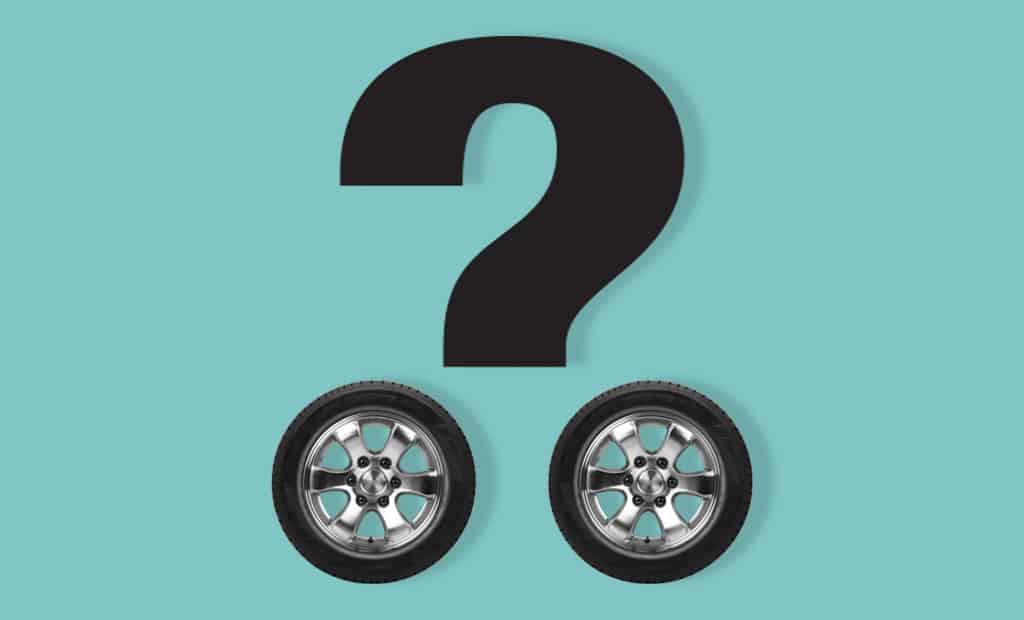
The car market has long been one of big brands. In fact, until recently, the automakers were consistently topping in the list of ad-dollars spent.
As younger consumers come into the market though, vehicles don’t have the same pull today, with Millennials putting off ‘owning’ for ‘Ubering.’ For many, the emotional tie to a transportation option seems to be far less intense.
Fast Company recently pointed this out. Based on their review of new, autonomous driving vehicles that are mostly the same, functionality shadows over form. Likewise, the big brand automakers carry mostly-identical interior features.
To avoid the sea of sameness, and not end up in a Boeing/Airbus vanilla duopoly, the article suggests that perhaps companies can take a different tack. They suggest building for specific geographies to help delineate — for example, trucks for mountains, mini-s for cities, etc. They also consider going beyond the common future offerings of ‘meeting areas’ and lie-flat bed seating, to tailor instead to specific consumer group needs — buses that become senior citizen housing, for one.
Hmmmm. While these two angles seem plausible, and logically smart, other key things come to mind in terms of leveraging trends.
First, disruption happens quickly, and auto manufacturing is very slow. So speeding adaptation and construction seems like job one, to misquote Ford. That may make ‘transportation’ more relevant to a younger set, potentially lower costs, shift materials to be more sustainable, and get through a host of other challenges that have long needed solutions.
Second, as in all branding, what one does is important, but just as relevant is what a brand DOESN’T do. Does every car maker need a truck? From a margin standpoint, perhaps. But maybe if underlying shifts enable that forgone conclusion to dissipate, manufacturers would stand for more than a badge on the front grill. They’d be known for a type of product at which they excel.
And if supply chains could tighten, and, more importantly, if distribution models could be altered to allow competition from direct sales (sorry dealer associations), there may be far more consumer relevance, not only in product mix, but in the overall experience, which everyone knows is horrifically outdated.
Finally, to lean on the now-too-often quoted Simon Sinek approach, automakers that ultimately get to the ‘why’ of their product may find differentiation easier. When one’s approach is not much beyond ‘we get you from point A to point B’, it’s not surprising that all is a sea of sameness — or road of unremarkable, to stay in motoring.
That said, once drones develop further, that can certainly add a loftier dimension — unless that only pushes home delivery such that we never leave our homes. And all garages transform into virtual reality rooms.
Posted By
BWM
Categories
Blog